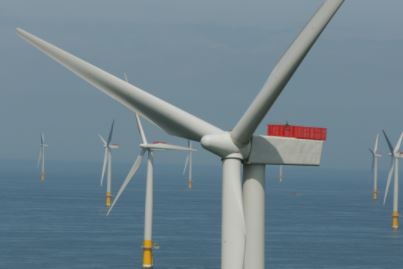Increases in renewable and low carbon energy generation will be constrained by a significant shortage of skilled labour which cannot be addressed from the existing UK energy sector workforce alone, according to research by PwC.
The analysis reveals a significant green energy skills gap of around 200,000 workers is emerging that must be addressed if the UK is to deliver on long term energy security and meet its energy transition targets.
The research paper, linked to PwC’s Green Jobs Barometer, notes a 270,000 pool of transferable skilled workers from the existing oil and gas sector. But of this, around 20% are expected to retire by 2030, leaving only 216,000 transferable workers to help plug the estimated 400,000 jobs needed to build the net zero energy workforce across areas such as nuclear, hydrogen and renewables. It also suggests that increases in renewable energy generation will be constrained by this significant shortage of skilled labour.
Vicky Parker, power and utilities leader at PwC, said: “To support the delivery of net zero, the UK is facing a continuous rise in the demand for electricity which must be met by a huge increase in low carbon energy generation and a more efficient whole system approach to balance both supply and demand. Demand for new skills and capabilities will only accelerate so it’s vital we attract and build a diverse pipeline of talent.
“Government and industry must work together to develop these new skills and capabilities at scale while encouraging diversity and reflecting regional requirements. Meeting such a challenge needs to start at school age, continuing through university programmes, apprenticeships and beyond. However, all this must be underpinned by confidence around long-term job security and stability to attract and retain the necessary talent.”
Printed Copy:
Would you also like to receive CIR Magazine in print?
Data Use:
We will also send you our free daily email newsletters and other relevant communications, which you can opt out of at any time. Thank you.













YOU MIGHT ALSO LIKE